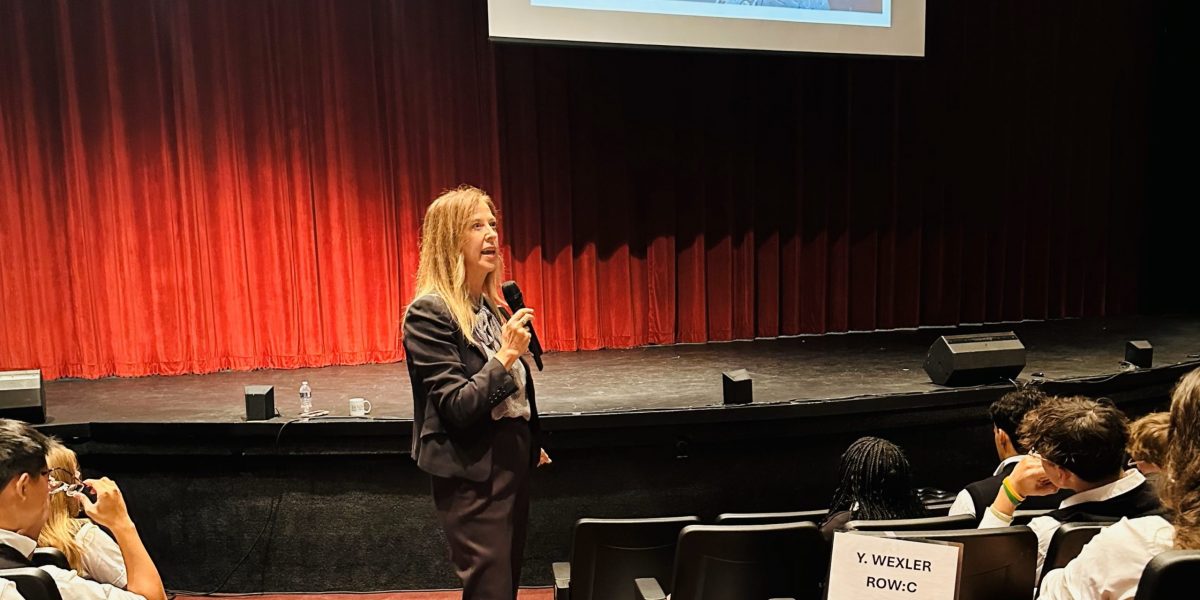In today’s digital age, social media plays a critical role in shaping perceptions. During recent presentations for students in grades 6 through 12 at Montverde Academy, Attorney Lori Smith emphasized how essential it is for students to curate their online presence carefully. The discussion explored the long-lasting impact of social media on recruitment, scholarships, college admissions, and future career opportunities.
In the beginning of the presentation, Mrs. Smith underscored how recruiters, scholarship committees, and employers often scrutinize social media profiles. A student’s online activity can either enhance or diminish opportunities, especially in competitive environments like athletics and academics. While students are encouraged to express themselves online, it’s vital that their social media content reflects their values and portrays them as responsible individuals.
Recruiters, particularly in sports, are looking for team players and leaders, not individuals whose online presence may suggest recklessness or immaturity. Photos, comments, and interactions on platforms like Instagram, TikTok, and Twitter are often scrutinized. Mrs. Smith noted that it’s crucial to avoid posts that could be deemed offensive or inappropriate, as these can lead to the loss of scholarships or recruitment offers.
Mrs. Smith also highlighted that students must view themselves as brands. With the rise of NIL (Name, Image, and Likeness) deals for college athletes, a well-managed social media presence can create opportunities for students to earn money while playing sports. However, this also means that students need to be mindful of how they present themselves online, as controversial or negative content could devalue their brand.
She urged students to regularly review their social media accounts, including old posts and tagged photos. A mistake made online, even years earlier, can still affect future opportunities. Students were encouraged to take control of their narrative and use their platforms to showcase their skills, passions, and character. This extends to all students, not just athletes, as colleges increasingly consider social media profiles when making admissions decisions.
She further emphasized how digital footprints leave lasting impressions. Business professionals and college recruiters alike often analyze a candidate’s social media for signs of inappropriate behavior. Employers look for positive attitudes, team players, and individuals who will not bring negative attention to their organizations. Having no photos or having content filled with selfies, excessive partying, or negative commentary can all raise red flags.
The example of Alix Earle, a college student-turned-influencer, highlighted how old, offensive social media posts resurfaced during her rise to fame. Despite initially ignoring the backlash, Earle ultimately issued a sincere apology, which was well-received by her followers. This situation underscores the importance of addressing mistakes directly, rather than attempting to dismiss or hide them.
The presentation served as a reminder that students should curate their online presence with care. Whether for college admissions, recruitment, or future career success, social media content plays a crucial role in shaping how others perceive them. By taking control of their digital footprint, students can ensure they are putting their best foot forward in the online world.


